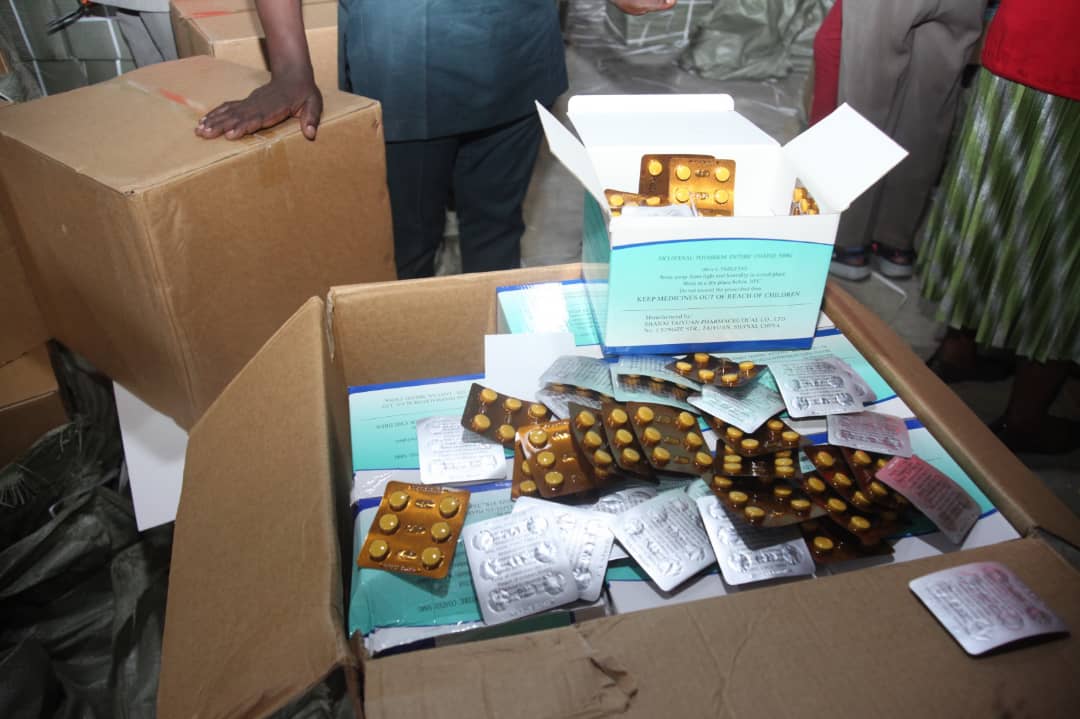The National Agency for Science and Engineering Infrastructure (NASENI) has expressed concern over the country’s sluggish technological progress, linking it to poor patronage of locally made products and inadequate support for research and innovation.
At a stakeholders’ meeting held on Thursday in Akure, Ondo State, the Deputy Director of Engineering, NASENI, Mr. Joseph Alasoluyi, lamented that Nigerians still prefer foreign-made goods despite the availability of quality local alternatives.
“The idea of this programme is to interface to ensure we produce products using our indigenous technology,” he said. “This is what NASENI is out for—to ensure that homegrown technologies are encouraged.”
He said the agency had trained over 50 participants in the production of hand-made products to boost local production and consumer confidence in Nigerian goods.
He added that NASENI is guided by a framework it calls the “3 Cs”, Creation, Collaboration, and Commercialisation, aimed at turning research into viable commercial products.
“Our achievements include the development of solar irrigation systems, CNG conversion centres, block-making machines, locally made laptops, and electric tricycles (Keke Napep) set for market launch,” Alasoluyi said.
He stressed that President Bola Tinubu, who chairs the agency’s governing board, is committed to driving economic growth through the promotion of local innovations.
“The aim of President Bola Tinubu is to ensure high production and patronage of our local products, thereby creating employment opportunities for many,” he added.
Meanwhile, the Deputy Vice Chancellor of the Federal University of Technology, Akure, Prof. Samuel Oluyamo, blamed the federal government for failing to invest sufficiently in research and development, describing the situation as a major barrier to national growth.
“Until we upscale research into mass production, technological growth will remain elusive.
“The government is not funding research in the universities enough. Thank God for TETFund that is trying in this regime. The major interest in beefing up research in universities and research institutions is really not there,” Oluyamo stated.
He stressed the need for stronger partnerships between academia, government, and industry to bridge the gap between innovation and commercialization.








